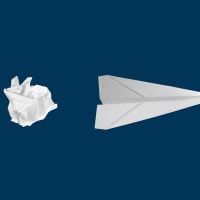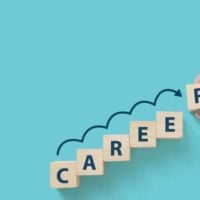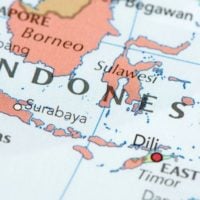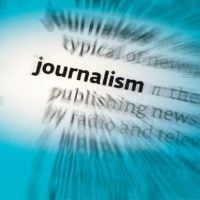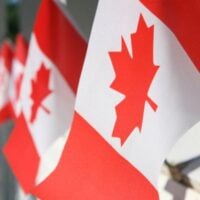Deadline: 4-Jan-21
Do you want to learn how to design and implement dairy development strategies in emerging economies? Then apply for the 2021 Milking to Potential course.
Dairy sectors all over the world contributes to the livelihood of millions individuals. The global growing demand for dairy products has led to a significant increase in public and private involvement and to new opportunities for a range of stakeholders. However, unseen challenges arise: population growth, climate change, and global market influence.
Course Date
- Date: Mon 10 May 2021 until Thu 1 July 2021;
- Duration: Part-time, 15hrs per week (8 weeks);
- Venue: Facilitated online sessions.
What will you learn?
Upon completion of the course you will:
- The ability to draw a clear picture of the multiple aspects of dairy systems, accounting for its technical, socio-economic and environmental components;
- Have the ability to develop contextualized scenarios in search of alternative options and trade-offs in resource-scarce situations, using state-of-the-art approaches;
- Design concerted transition paths for the introduction of innovative interventions that are socially, economically and ecologically balanced;
- Dairy sector experiences from all over the world with a specific focus on the Dutch dairy sector challenges and opportunities.
Dairy opportunities and trade-off issues
During this course we will explore the opportunities and trade-offs of issues like:
- Investing in the formal or the informal dairy chain?
- Focus on dairy imports or local milk production?
- Work with smallholders or with larger farms?
- Improving the local herd or importing grade cattle?
- Building inclusive dairy chain to the benefit of young and female individuals?
- Producing milk in a natural resource (water, land) scarce environment ?
- Can the potential of camels, buffalos, goats and sheep be better exploited?
- How to better acknowledge food and nutrition challenges in dairy strategy?
- Adding value to the product: Liquid milk or processing? Niche products or conventional?
- How to create responsible value chains when it comes to milk quality and safety?
- How to better coordinate dairy stakeholders to co-create concerted dairy strategy?
Why doing a course on Dairy Development with the Netherlands?
- The Netherlands is a leading dairy country where the dairy industry is a key economic sector that is investing heavily in sustainability, quality and innovation. In continuous evolution, new challenges urge the Dutch system to evolve. You will be surprised to discover that the variety of the Dutch dairy farms not only include high-tech high-input farms with annual production of over 10 thousand litres of milk per cow.
- Farms questioning this model can also be found giving a large emphasis on their social and environmental impacts while focusing on the national market. You will also have the chance to meet various stakeholders operating in the dairy sector (veterinarians, cooperatives, laboratories, researchers, supermarket, consumers…). Their ability to collaborate together with the farmers, being a key success factor of the Dutch dairy sector of today and tomorrow.
Eligibility Criteria
- The basic prerequisite for participation in the course is active interest and professional experience in the dairy sector or development sector. Participants should be proficient in English, and have at least a BSc degree or an equivalent academic qualification.
Application Procedure
- Register for the course of your interest by clicking the ‘apply’ button on the webpage of this course. A registration form will open;
- Fill in the required fields of the registration form. Please note to write your date of birth without a zero (e.g. 1-5-1980 instead of 01-05-1980);
- Before you submit, check your details on the final page of the registration form;
- After submitting, you will receive a confirmation email. Make sure to directly click on the link in the email to confirm your registration. Without your confirmation, your registration cannot be processed;
- If you apply as an OKP or MSP-scholarship candidate, you will receive a registration letter for the scholarship at the beginning of the scholarship cycle.
- If you apply as a self-funded participant: They will forward your request for acceptance to the course leader. This can take some time as it depends on the coordinators’ schedule (1-3 weeks);
- If you’re accepted into the course programme, they’ll send you an admission letter by e-mail;
- You receive all required travel documents from us after you are selected for the scholarship (OKP/MSP-scholarship candidates) or when they’ve received your payment (self-funded participant).
For more information, visit https://www.wur.nl/en/Research-Results/Research-Institutes/centre-for-development-innovation/online-learning/show/Milking-to-Potential.htm



